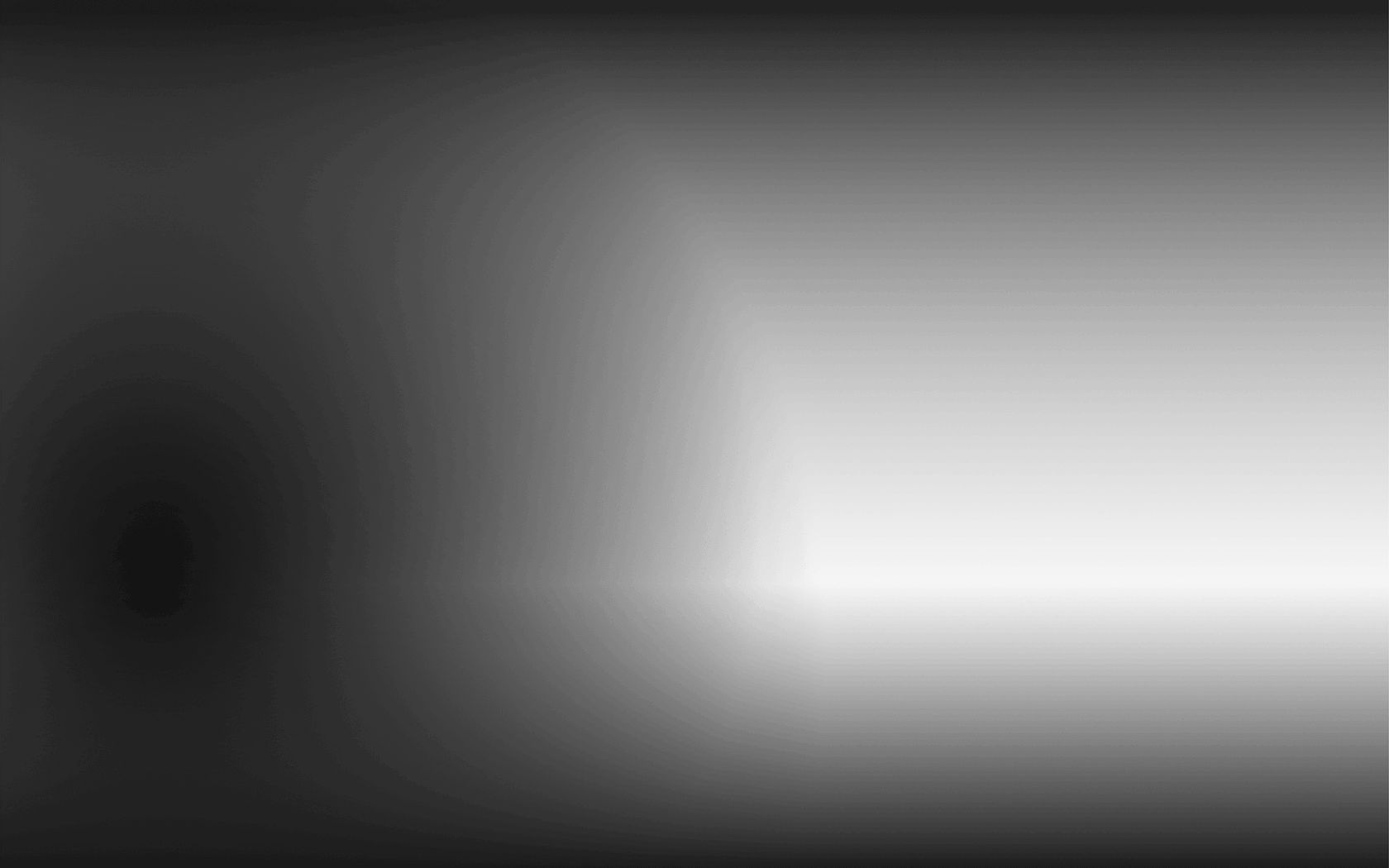
My Perfect Family: Martine
Blind since birth, Martine Able-Williamson is now a global leader in the blind community. In this inspiring story that proves anything is possible, we follow Martine as she navigates her darkened world.

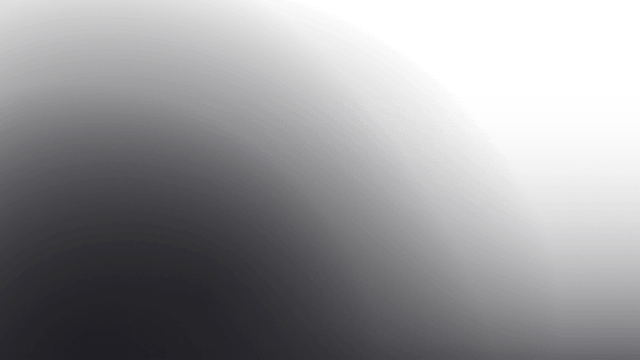
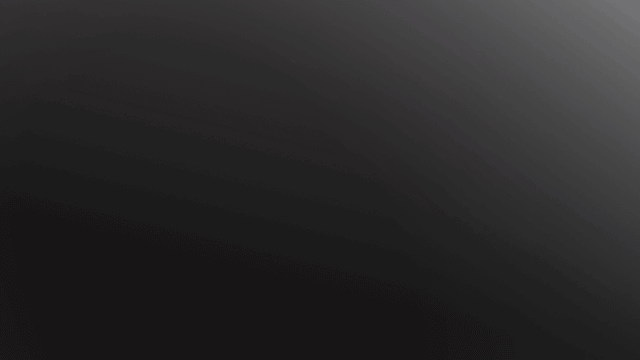
My Perfect Family: Ebony Sinclair
Ebony Sinclair is a go-getter born with Achondroplasia, a form of dwarfism. Ebony and her husband Ge...
My Perfect Family: Ebony Sinclair



My Perfect Family:Fragile X
To discover you’re the carrier of the genetic condition Fragile X only after your children are born ...
My Perfect Family:Fragile X



My Perfect Family: Nash Jones
The Jones family’s life changed forever when their youngest boy Nash was diagnosed with a rare condi...
My Perfect Family: Nash Jones



My Perfect Family
Exploring the day today lives of tight-knit families, who are managing complex or unusual conditions...
My Perfect Family



My Perfect Family: Lydia Golding
6-year-old Lydia Golding was born with her right femur bone significantly shorter than her left. In...
My Perfect Family: Lydia Golding



My Perfect Family: Hatty
Hatty Walton is a 13-year-old star on the show Mystic, who lives with a hearing impairment. Hatty ho...
My Perfect Family: Hatty



My Perfect Family: Twins
For young mum Nikki Stokes being a mother of five means there's never a dull moment. With non-verbal...
My Perfect Family: Twins



My Perfect Family: Georgia Heard
Georgia Heard thought she had parenting all mapped out. But when the younger of her two boys was di...
My Perfect Family: Georgia Heard



My Perfect Family: Mahia & Tipene
Mahia and Tipene Stephens were born with a congenital eye disorder, causing their eyesight to deteri...
My Perfect Family: Mahia & Tipene



My Perfect Family: Harper Ahern
Since being diagnosed with Muscular Dystrophy at age four, 10-year-old surfer Harper and his family ...
My Perfect Family: Harper Ahern



My Perfect Family: Meet the Asners
They call themselves the "The Brady Bunch of Autism". Descendants of Hollywood royalty, Matt and Nav...
My Perfect Family: Meet the Asners



My Perfect Family: Kat and Ella
Kat Yearbury is a mother to two-year-old Frankie and six-year-old Ella, who has Cerebral Palsy and E...
My Perfect Family: Kat and Ella



My Perfect Family: The Priestleys
Four of the six Priestley family members live with Autism. Because they’re able to function at a hig...
My Perfect Family: The Priestleys



My Perfect Family: No Respite
Life during a pandemic is a challenge for all parents with kids at home. But for parents whose child...
My Perfect Family: No Respite



My Perfect Family: Kim Preston
Raising three boys is always a big task, especially when two of them have severe autism. But Kim Pre...
My Perfect Family: Kim Preston



My Perfect Family: Zoe
Zoe Tate lives with Wolf-Hirschhorn Syndrome, a genetic disorder affecting her appearance, growth an...
My Perfect Family: Zoe



My Perfect Family: Hunter
Hunter McGregor is a passionate gamer, a design school graduate, and he runs a B&B with his mum, Roi...
My Perfect Family: Hunter



My Perfect Family: Jaxon Woolley
15 year old Jaxon Woolley is already blitzing through para-sprinting records. An athlete to watch, J...
My Perfect Family: Jaxon Woolley



My Perfect Family: Max and Grace
Siblings Max and Grace are off on a road trip to Queenstown, putting Max's independence to the test ...
My Perfect Family: Max and Grace



My Perfect Family: Friedreich's Ataxia
Preparing for a 30th birthday is a big deal in the Boon family. Three out of five siblings live with...
My Perfect Family: Friedreich's Ataxia



My Perfect Family: Courtenay
Demar Gear was just five months old when she contracted meningitis, leaving her unable to walk or ta...
My Perfect Family: Courtenay



My Perfect Family: Tara Aumalesulu
Nine year old Tara is launching her very first album, Pele O Lo’u Fatu. Living with visual impairmen...
My Perfect Family: Tara Aumalesulu



My Perfect Family: The Fergusons Part 2
Last week we met the Fergusons, a family of five who communicate using NZSL. Here, we join the Fergu...
My Perfect Family: The Fergusons Part 2



My Perfect Family: OCD
For two teenage sisters living with OCD, the world can often be an uncertain and scary place. In the...
My Perfect Family: OCD



My Perfect Family: Grace Payne
Grace Payne is a powerlifter who has competed in the Special Olympics as an autistic athlete. Now, 2...
My Perfect Family: Grace Payne



Brothers and Sisters
The unique perspective of those closest to us, our brothers and sisters.
Brothers and Sisters



My Perfect Family: Creative Clan
Ranger Ashurst is eleven and needs regular injections to control his Chrone's disease, his eight yea...
My Perfect Family: Creative Clan



My Perfect Family: Tri Rugby
For members of Christchurch's Tri Rugby team - who live with intellectual disabilities - rugby is mo...
My Perfect Family: Tri Rugby



My Perfect Family: Bold As Brass
As New Zealanders living in Australia, Abbi and Morgan Brass received no government support when the...
My Perfect Family: Bold As Brass



My Perfect Family: The Fergusons Part 1
The Fergusons are an average family of five; they have fun, they fight, but mostly they get along. ...
My Perfect Family: The Fergusons Part 1



My Perfect Family: Jo & Leon
Young doctor Jo Scott’s career was on the rise when a brain haemorrhage changed her life. Seven year...
My Perfect Family: Jo & Leon



My Perfect Family: Perrones
Young anime artist Bee Perrone lives with the rare condition, Ivemark Syndrome. Understanding this i...
My Perfect Family: Perrones



My Perfect Family: Little People
The 50th annual conference for Little People of New Zealand (LPNZ) is fast approaching, and 27-year-...
My Perfect Family: Little People



My Perfect Family: Southland Lockdown
Awards Night is the highlight of the social calendar for a vulnerable workforce at Southland Disabil...
My Perfect Family: Southland Lockdown



My Perfect Family: CDKL5
Learning your new baby has a complex rare condition is life altering. Three Mums connect over their ...
My Perfect Family: CDKL5



My Perfect Family: Malaena Cariño
12-year-old Malaena Cariño has a rare genetic form of epilepsy. Her whānau have exhausted most treat...
My Perfect Family: Malaena Cariño



My Perfect Family: Martine
Blind since birth, Martine Able-Williamson is now a global leader in the blind community. In this i...
My Perfect Family: Martine



My Perfect Family: Cystic Sisters
Kristy and Nikki are sisters and young mums who bring smiles to the faces of strangers by doing surp...
My Perfect Family: Cystic Sisters



My Perfect Family: Sam and Jason
Sam lost her sight as a baby due to meningitis, and her husband Jason has limited vision due to a ge...
My Perfect Family: Sam and Jason



My Perfect Family: Alex
Performance is in the Walsh family’s DNA. When their youngest son Alex was born with Down syndrome, ...
My Perfect Family: Alex



My Perfect Family: Tiffiney Perry
Always an active person, Tiffiney Perry continued participating in sports and achieving success afte...
My Perfect Family: Tiffiney Perry



My Perfect Family: Family Man Graeme
When Graeme Porter was diagnosed with an intellectual disability as a child no one expected him to r...
My Perfect Family: Family Man Graeme



My Perfect Family: Scruff's Bunch
Kim Preston (Scruff) reckon's she'll be caring for her three adult sons with Autism until she 'carks...
My Perfect Family: Scruff's Bunch



My Perfect Family: Candle Dad
Raising four children alone is a challenge - more so, when two have Down Syndrome. Tony Sykes rose t...
My Perfect Family: Candle Dad



My Perfect Family: Southland
Southland Disability Enterprises employs over 80 people who live with a disability. For Mary-Ellen J...
My Perfect Family: Southland



My Perfect Family: Melody
Within just one year Melody entirely lost her vision, gave birth to her first child, and left her ho...
My Perfect Family: Melody



My Perfect Family: Welcome Home Stevie
Murray and Janine's son Steven was a gentle boy with autism. 18 months ago he left their house with ...
My Perfect Family: Welcome Home Stevie
Martine Abel-Williamson is an influential change maker, heavily involved in advocacy for the disabled community. Her skills have been integral in effecting positive change for disabled groups place in society; from with work with the Auckland Council’s Disability Action Plan to ACC’s internationally referenced work on health quality and safety, and her everyday influence behind-the-scenes in the disability sector.
“I really love it,” says Martine, “every time I have an opportunity to advocate for something, or campaign for change, or to question why something’s happening a specific way, it is really empowering.”
“But,” she continues, “The factor that stands in most people’s way is expectations by society.”
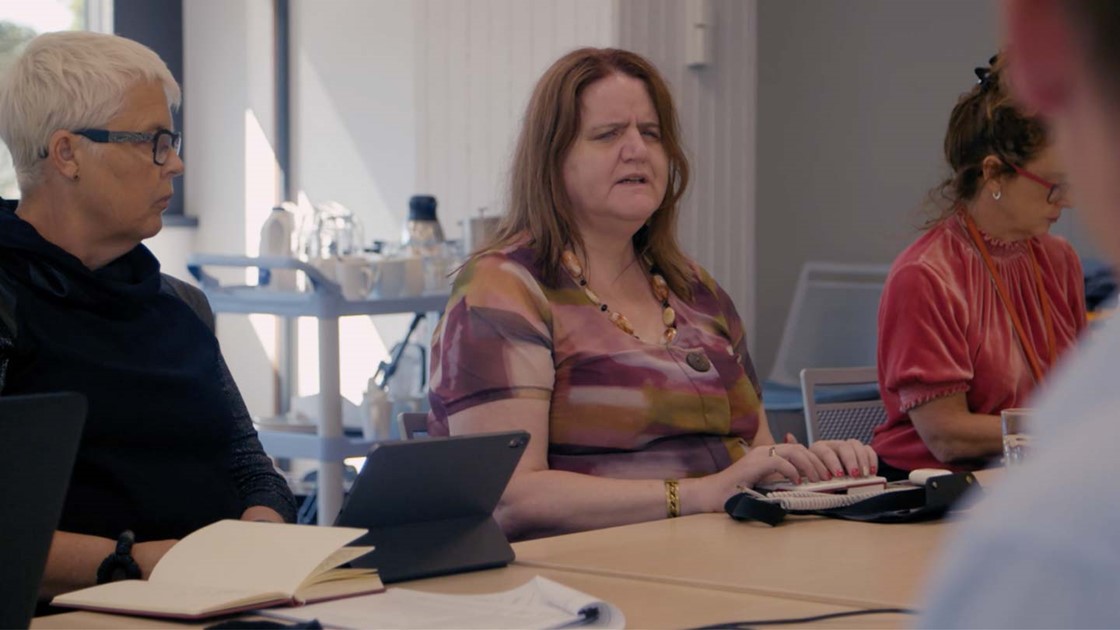
Leaning on both her work and lived experience she explains how big a part the wider community can play in holding people back; “Then you have low expectations of yourself. It’s almost like gradually breaking someone’s spirit, people won’t realise their potential because they won’t even realise they have potential.”
This outlook has driven Martine to push for equality for much of her life. “As a child I always thought I would grow up and become something, I never thought that I could have such outward facing opportunities, opportunities to influence things about me. I’ve super outlived my expectations of myself. Instead of just making sure I live an independent dignified life, I can now support others to do that and it’s just onward and upward hopefully, I can’t see it ending soon.”
"I often feel incredibly proud of Martine, I support her in whatever way I can."
Martine and her husband, Gary live in Auckland. Striving to live as normal a life as they can, the only difference they believe exists is that they’re both blind.
They cook together, “Gary and I love entertaining from home” she says, “not that we don’t like going out, but often going out is so much more planning. We don’t do a lot of chef cooking, but we do a lot of prep.”

Gary used to have sight; “As I was growing up as a child I had terrific vision but then it shrank like a tunnel. When I was diagnosed I didn’t take it very well. For quite a significant amount of time I was not willing to accept my vision was gone. I kept driving my car right up to my early thirties.”
Now, he backs his wife in whatever she does, “I often feel incredibly proud of Martine, I support her in whatever way I can.”
Martine was born in Namibia and grew up in South Africa, and in an apartheid era, life was more difficult having been diagnosed with vision impairment at 5. “Most of us got sent to special schools” she recalls, “That was very hard for my mum to send me 2,000 kilometres from home. For two years she sent me cassettes on tapes so I could hear the letter privately. so I could learn to read and write, then she helped me learn braille.”
She regularly visits her mother, one of her greatest supporters, now in a retirement home with type 2 Dementia. “Mum was the person who believed in me right from the start, she always gave me the impression I can do whatever I want to.”
That support spurred Martine through university; “I studied psychology, majoring in psychology and criminology then I did my honours in psychology.” Even when she received push-back from lecturers; “I had more than one lecturer challenging me about how I would be able to do counselling and psychology when I couldn’t maintain eye contact. I was very angry because I wasn’t the first blind psychologist in the world, it’s just a mindset that people had.”
So Martine set about to change those mindsets and in honour of her success in that quest, she received the 2018 Making a Difference Attitude Award and the Supreme Award for her services as an advocate for disability.



My Perfect Family: Martine
Blind since birth, Martine Able-Williamson is now a global leader in the blind community. In this i...
My Perfect Family: Martine



Being Me Freedom
Freedom was diagnosed with eye cancer at three months old, having both eyes removed by age five. Now...
Being Me Freedom



Being Me: Sarah
Though born with CHARGE syndrome, 22-year-old Sarah Dalton doesn’t let it define her. She’s an avid ...
Being Me: Sarah



My Perfect Family: Mahia & Tipene
Mahia and Tipene Stephens were born with a congenital eye disorder, causing their eyesight to deteri...
My Perfect Family: Mahia & Tipene



Being Me: Rachael Leahcar
Australian singer-songwriter, Rachael Leahcar, was born with retinitis pigmentosa and at 25-years-ol...
Being Me: Rachael Leahcar



Blind Camp
Camping with young Kiwi blind kids. In an effort to build confidence, they're leaping out of their c...
Blind Camp



Ese The Blind Musician
Music isn't just something you listen to; some people feel it emotionally and spiritually. Music is ...
Ese The Blind Musician



Ese The Blind Musician
Music isn't just something you listen to; some people feel it emotionally and spiritually. Music is ...
Ese The Blind Musician



Love Is Blind: Korin & Craig
When Korrin lost her hands and feet to septicaemia, Craig was by her side the whole time. Korrin had...
Love Is Blind: Korin & Craig



Love Is Blind: Ese & Sarah
It was a hug at a staff BBQ and Sarah was instantly smitten with Ese. Despite judgements from other ...
Love Is Blind: Ese & Sarah



Love Is Blind: Ese & Sarah
It was a hug at a staff BBQ and Sarah was instantly smitten with Ese. Despite judgements from other ...
Love Is Blind: Ese & Sarah



Love Is Blind: Don & Rosemary
Don and Rosemary have been married for more than 60 years. Although they are both vision impaired, t...
Love Is Blind: Don & Rosemary



Love Is Blind: Tim & Helen
Tim was a professional athlete with the Wheel Blacks and didn't want a girlfriend. But when Helen he...
Love Is Blind: Tim & Helen



Love Is Blind: Mike & Rebecca
Mike and Rebecca have learning disabilities but that hasn't stopped them from getting married and li...
Love Is Blind: Mike & Rebecca



My Perfect Family: Sam and Jason
Sam lost her sight as a baby due to meningitis, and her husband Jason has limited vision due to a ge...
My Perfect Family: Sam and Jason



Being Me: Ming Ming
Blind since birth, Ming Ming has never let that stop him being involved in everything from cricket t...
Being Me: Ming Ming



Being Me: Ivan
Profoundly blind acupuncturist and radio enthusiast, Ivan, is 72 years old. He’s never let his disab...
Being Me: Ivan



Inside Outside: Josh Davies
Josh Davies is a stand-up comedian, a proud cat dad, and he only has about 15% vision in his one goo...
Inside Outside: Josh Davies



My Perfect Family: Melody
Within just one year Melody entirely lost her vision, gave birth to her first child, and left her ho...
My Perfect Family: Melody



Being Me: Josh Davies
26-year-old Josh Davies is a stand-up comedian trying to turn making people laugh into a full time l...
Being Me: Josh Davies



Being Me: Josh Davies
26-year-old Josh Davies is a stand-up comedian trying to turn making people laugh into a full time l...
Being Me: Josh Davies



Being Me: Susan Williams 8/5/22
Non-binary performance artist Susan Williams adores theatre. Their latest show, Illegally Blind, is ...
Being Me: Susan Williams 8/5/22



Being Me: Steff Green
Author Steff Green writes full-time from her home in the Kaipara Harbour. Legally blind, Steff was o...
Being Me: Steff Green



What's the Disabili-Tea: Ari Kerssens
Advocate for blindness and low vision, Ari Kerssens is jazzing up his cane in the hopes to promote a...
What's the Disabili-Tea: Ari Kerssens



What's The Disabili-Tea - Ari Kerssens (with Audio Description)
Advocate for blindness and low vision, Ari Kerssens is jazzing up his cane in the hopes to promote a...
What's The Disabili-Tea - Ari Kerssens (with Audio Description)


Jonathan Mosen Audio with Captions
Jonathan Mosen - Audio with Captions
Jonathan Mosen Audio with Captions



Being Me: Juanita Willems
Pre-Christmas Juanita Willems is flat out, collecting, wrapping and distributing presents for foste...
Being Me: Juanita Willems



Being Me: Julie Woods
Blind woman Julie Woods doesn’t shy away from challenges. She achieved her aim to visit all seven mo...
Being Me: Julie Woods

